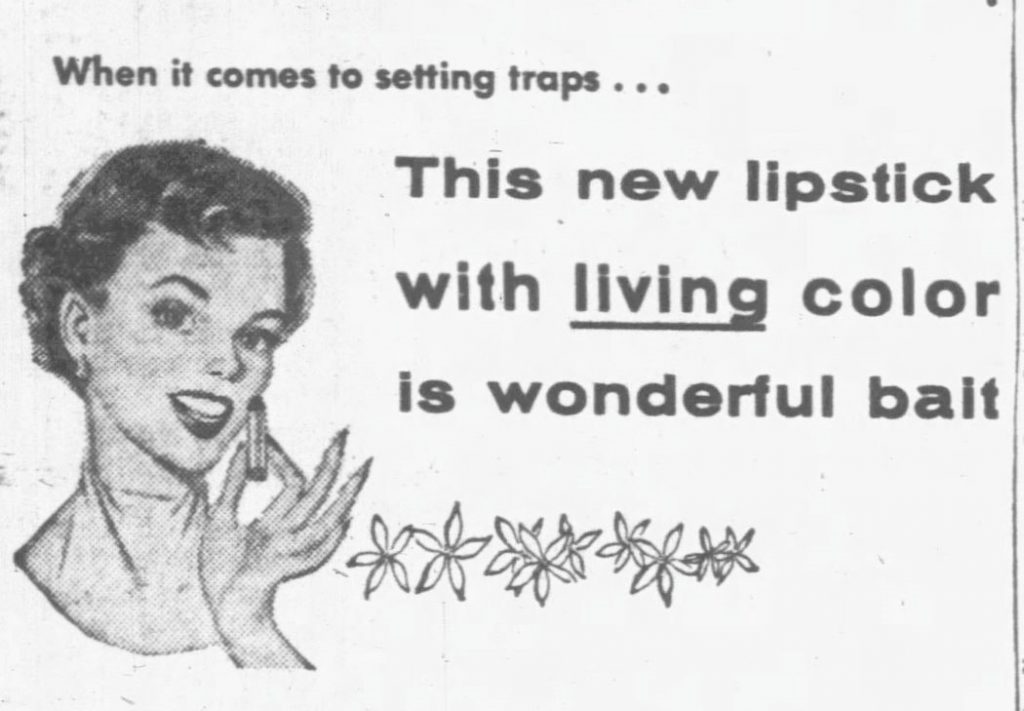Beauty can be a polarizing subject.
Recently, I had a conversation where a person told me they don’t like the health/beauty industry because they think brands prey on people’s insecurities. Then, marketing pressures people into buying things they don’t need to completely change what they hate about themselves.
No disrespect, but I don’t think those who say these things actually know anything about the modern beauty industry or what beauty lovers want.
Thankfully, I do, and I’m about to take you to beauty school. Class is now in session.
There’s research to back up how beauty makes us feel. A study by Quinnipiac University and Brown University, published in Sage Open, observed the effects using makeup had on beauty YouTubers’ self-esteem. When these YouTubers had an internal motivation to use makeup, including using it as a time for creativity, self-expression and self-reflection, it improved their self-esteem.
Also, the beauty industry in 2020 is not the same industry it was when I was a teenager and certainly not how it was 50 years ago. I’ve seen the old ads in our archives that basically told women wearing lipstick was the only way she’d get a man, and that’s no longer the case. Most women today know whatever they want to do is their right. If makeup empowers a woman, she’ll wear it because it makes her feel good.
The self-care boom over the last few years also has flipped the switch. Most brands have changed their ethos, acknowledging beauty as a form of self care. Skin care packaging is beautiful, and formulas are luxurious. Brands have incorporated more lighter-coverage makeup that shows freckles or vibrant colors to unleash our artistry.
The industry is taking on norms and standards, too. Some brands and publications, including beauty authority Allure, have stopped using the term “anti-aging.” YouTube beauty guru James Charles made history in 2017 as CoverGirl’s first male spokesman, and brands are using men in their makeup ads more than ever before.
Thanks to the beauty boom, we’ve also become experts of our own routines and, in turn, smarter shoppers. The more familiar you get with products and skin concerns, the easier it is to tune out any self-doubt. You know what you want and need and what you don’t.
There remains a stigma that comes along with beauty that we use products because we hate ourselves. I can only speak for myself, but I don’t buy serums and mascara because I hate myself but rather because I love myself. Inner beauty is important, but the truth is that when I walk down the street, no one knows how beautiful I am on the inside – they only see what I look like on the outside. Taking care of myself shows the world that I am important to me and makes me look and feel amazing.
If you are looking for a lipstick or a moisturizer to change your life or to bring happiness to yourself and your relationships, you don’t need a new product – you need a therapist. And I hope we all are emotionally intelligent enough to recognize the difference.
The last thing I’ll say is that when I run to the grocery store, I still apply lipstick under my face mask. That proves to me it was always just for me.

Gia Mazur is an award-winning staff writer and beauty obsessive who joined The Times-Tribune’s Lifestyles department in 2015. She’s a product enthusiast who can’t live without an eyelash curler. A proud Virgo, Charlotte Tilbury Matte Revolution Lipstick in Pillow Talk is her go-to. Contact: gmazur@timesshamrock.com; 570-348-9127; @gmazurTT




